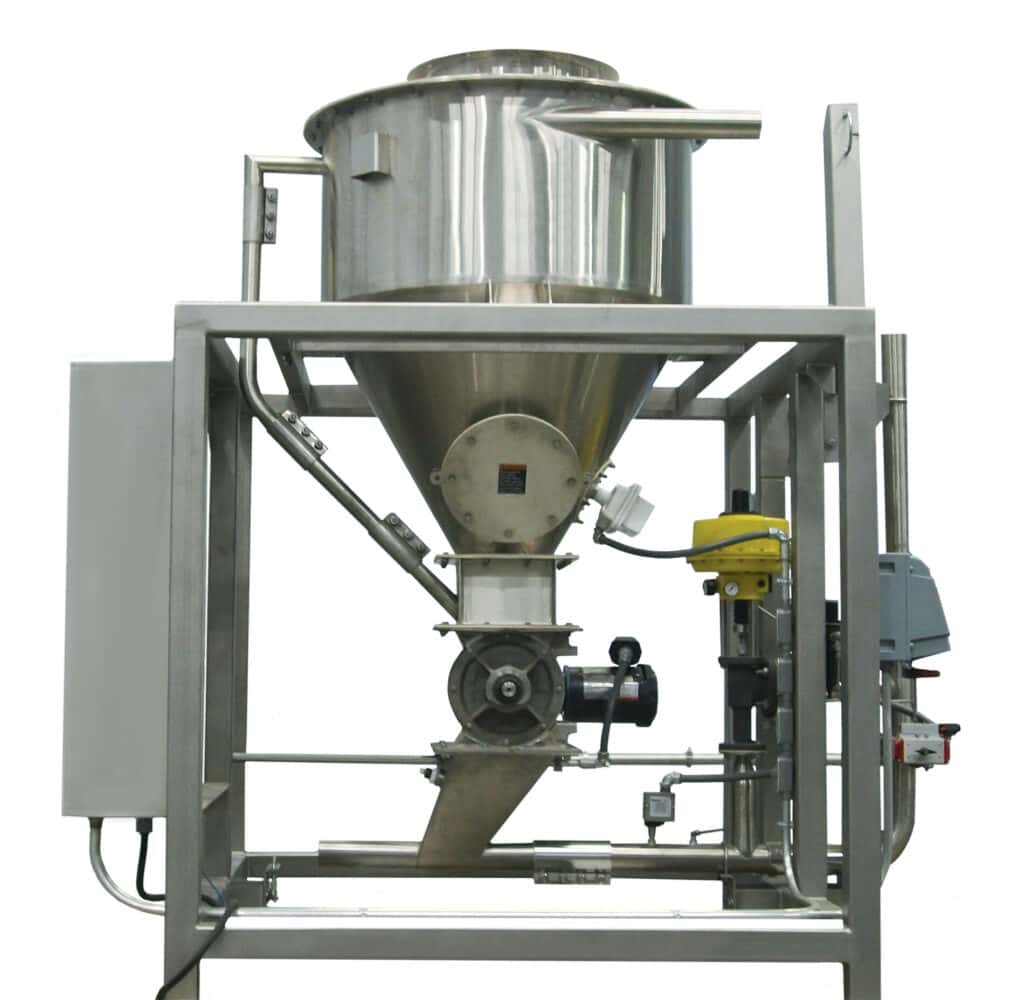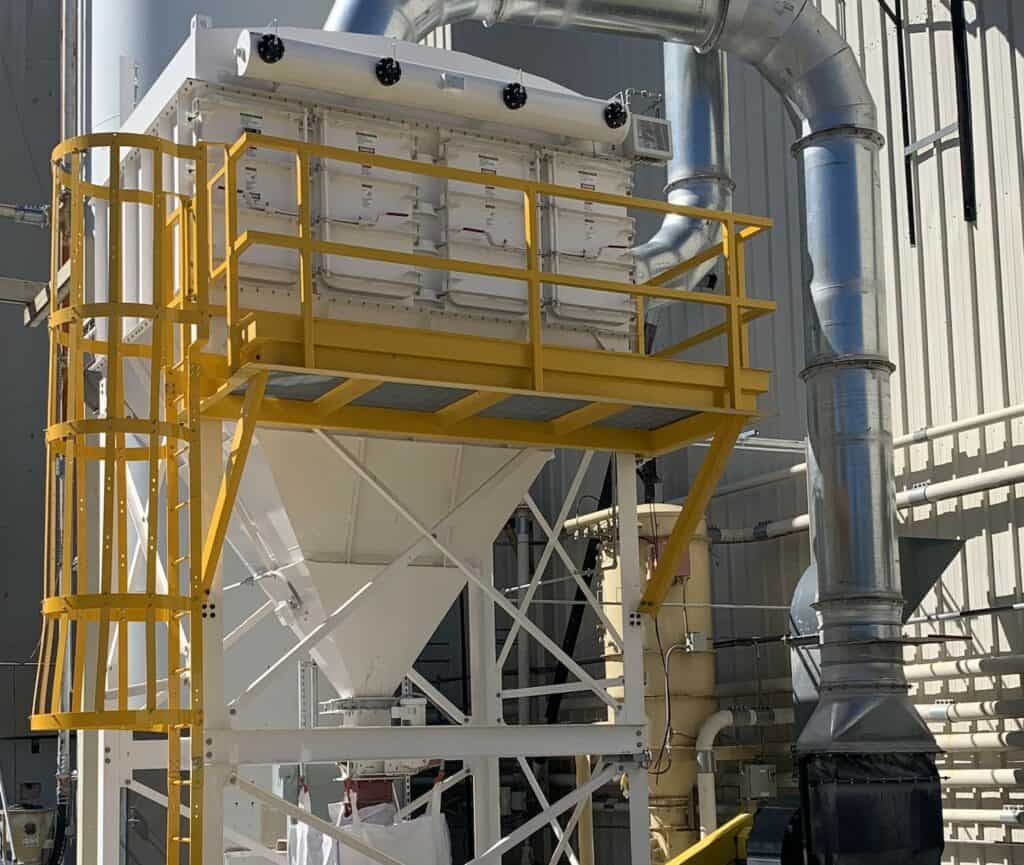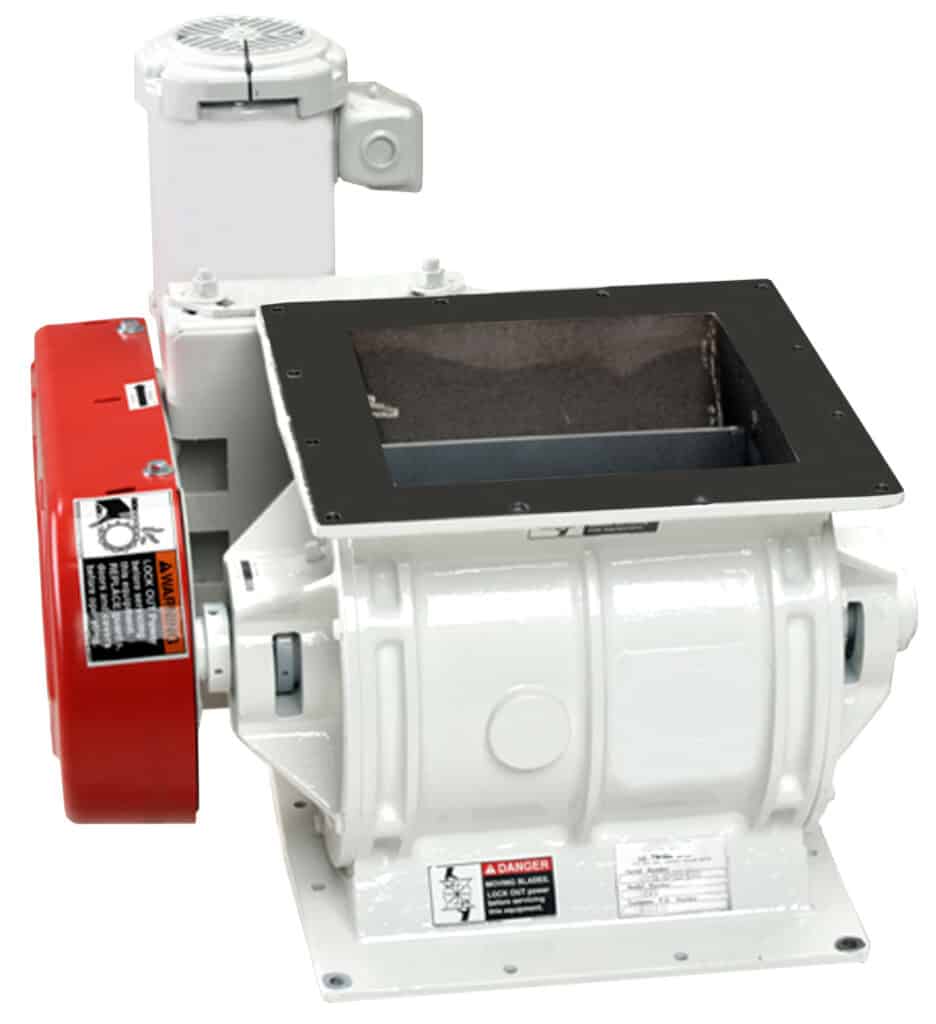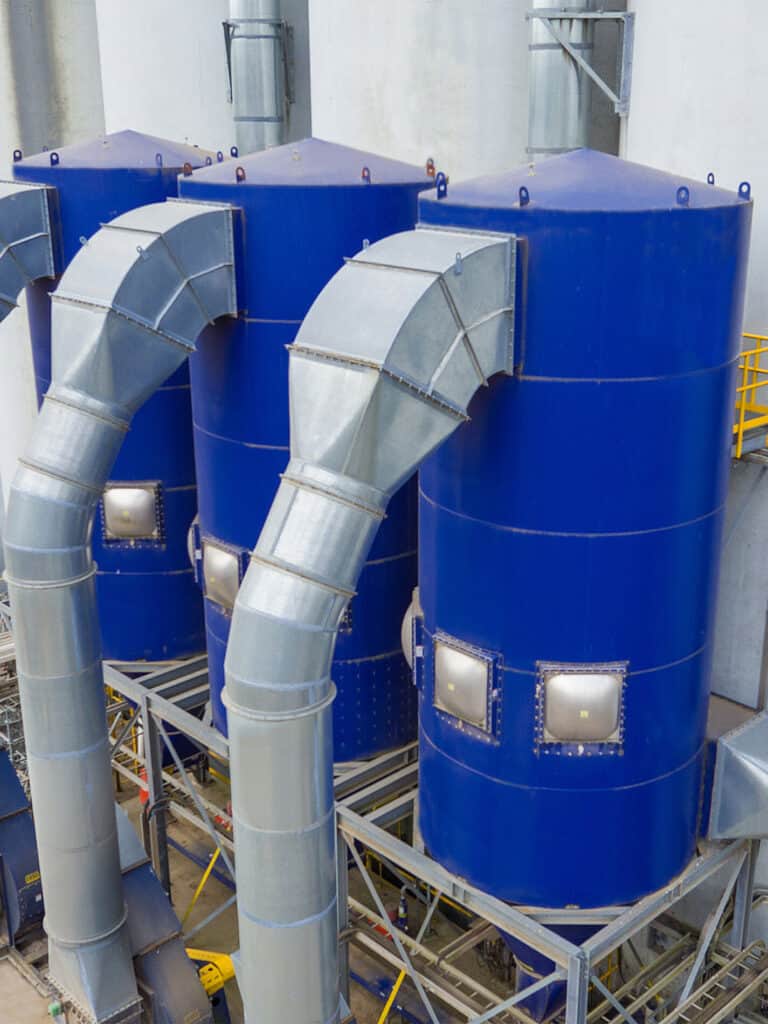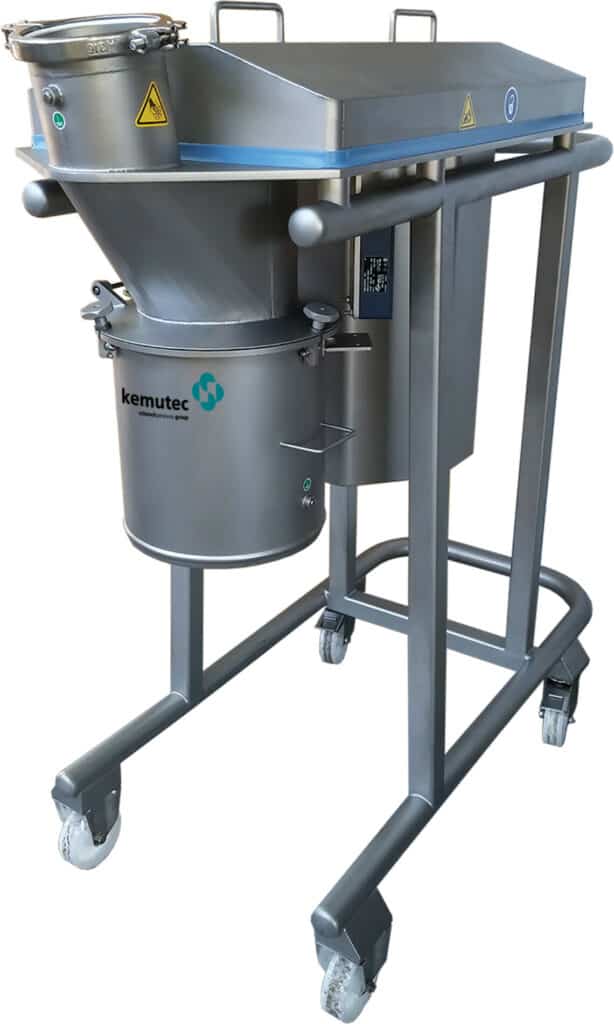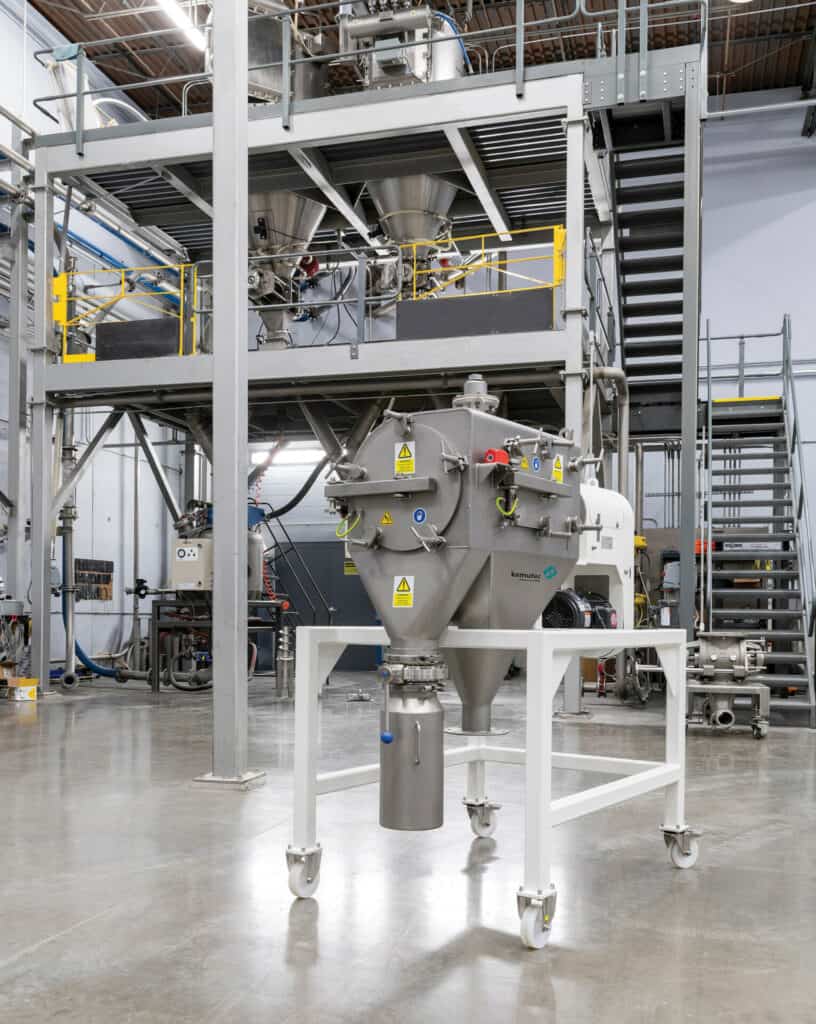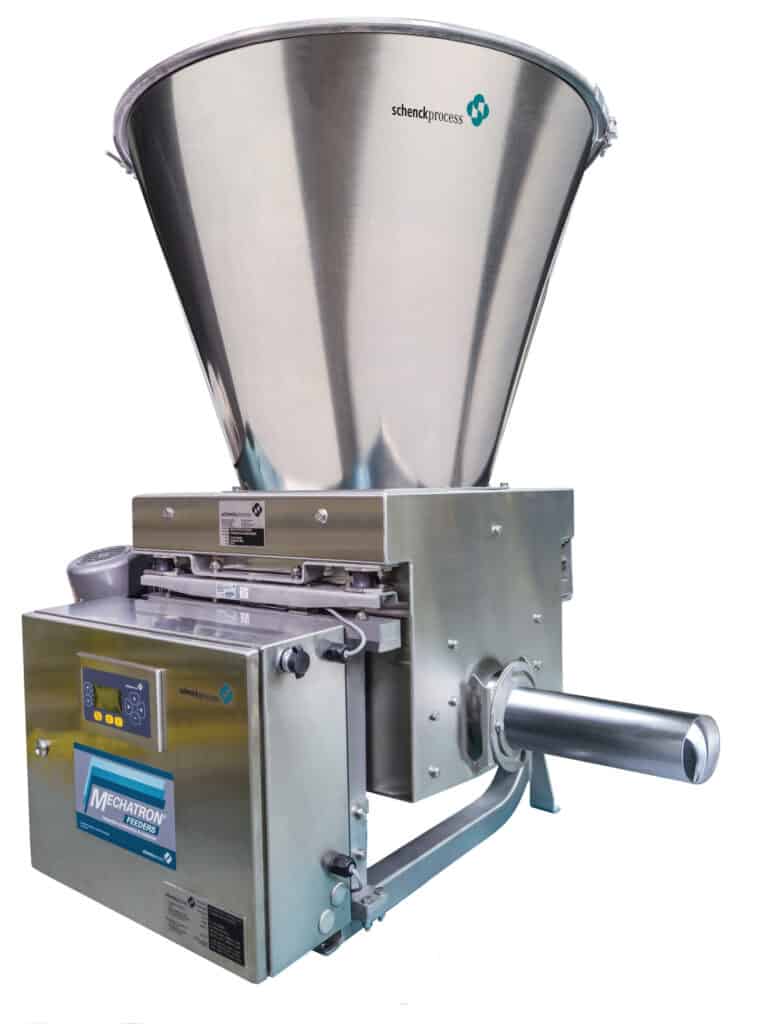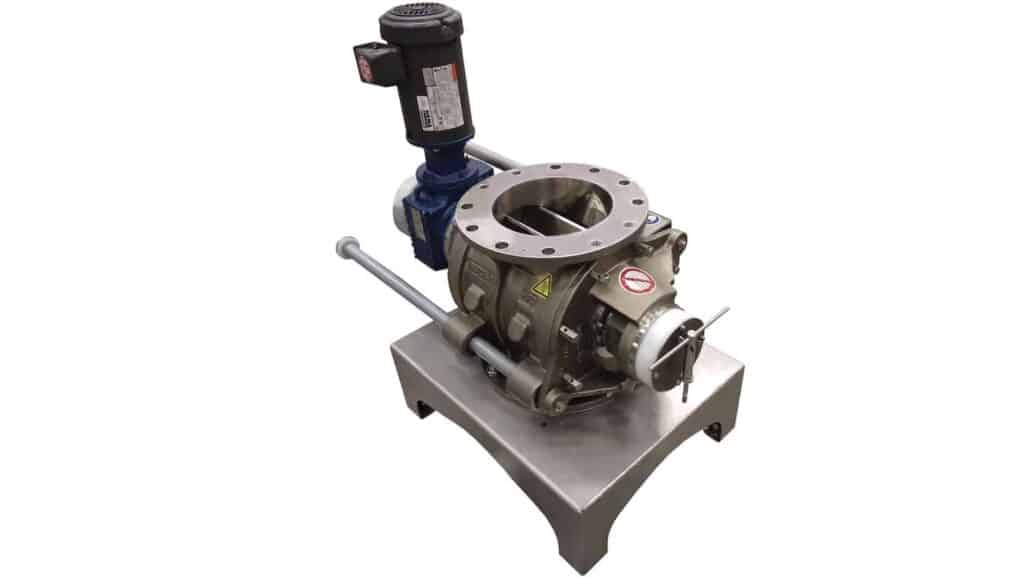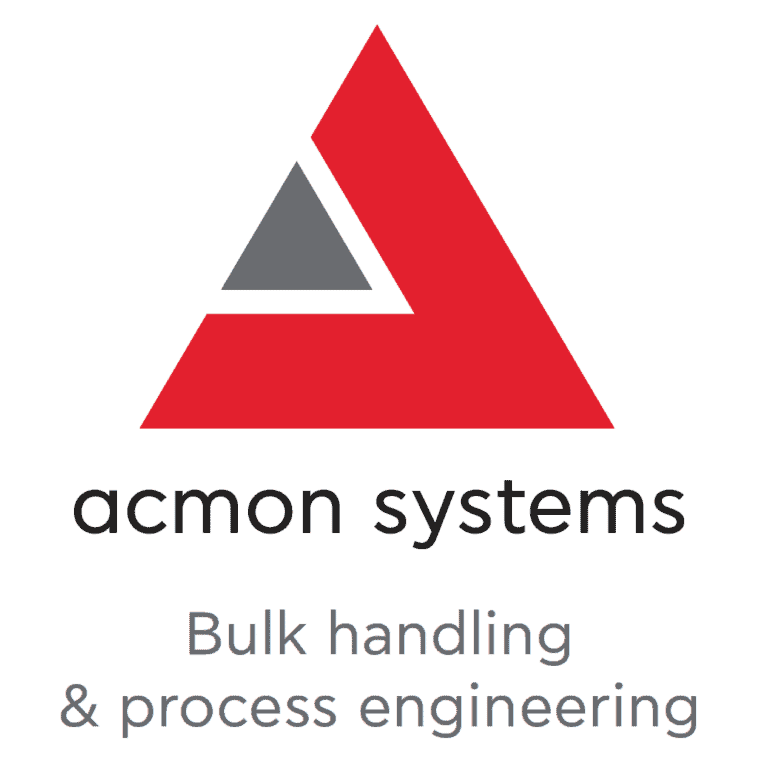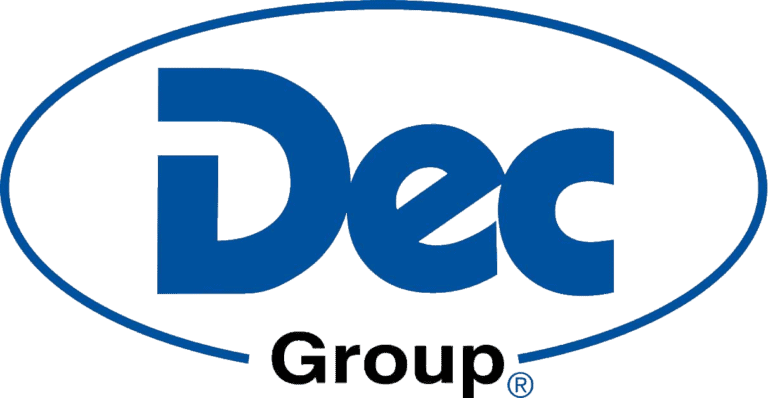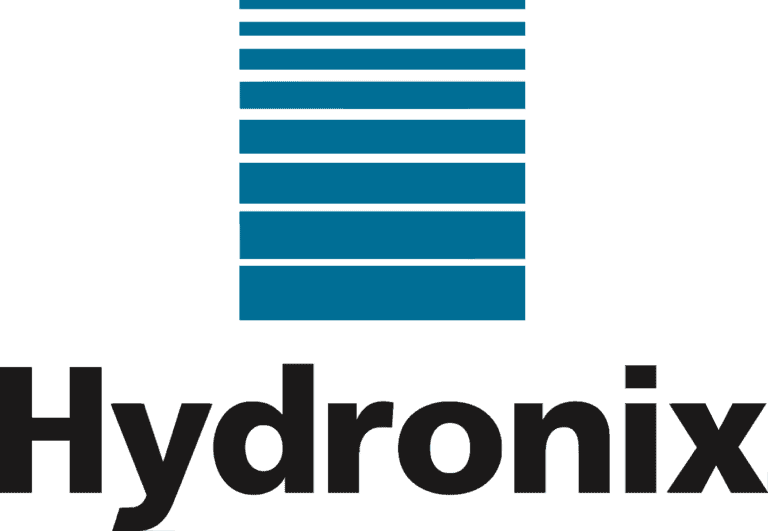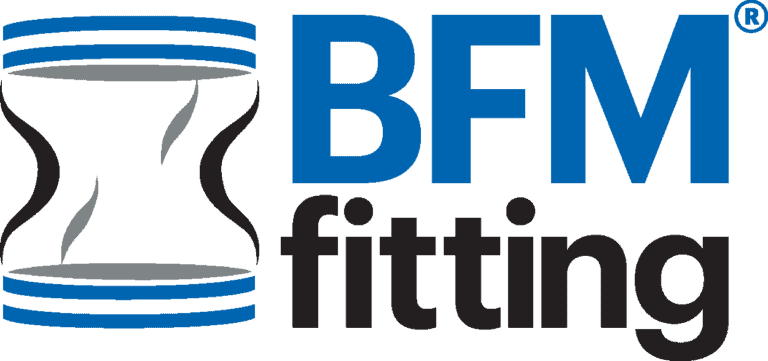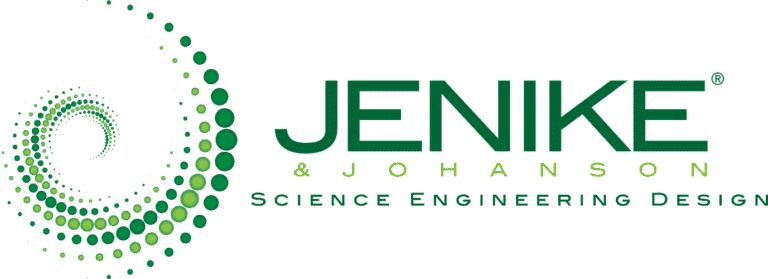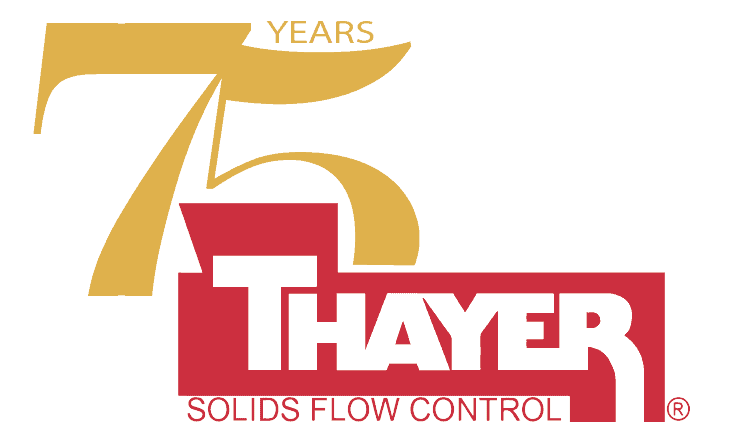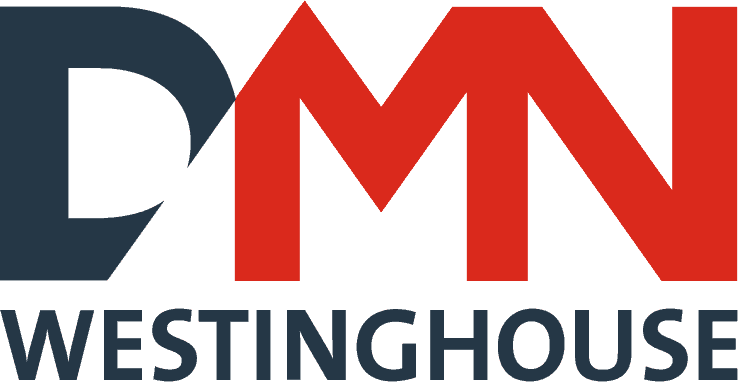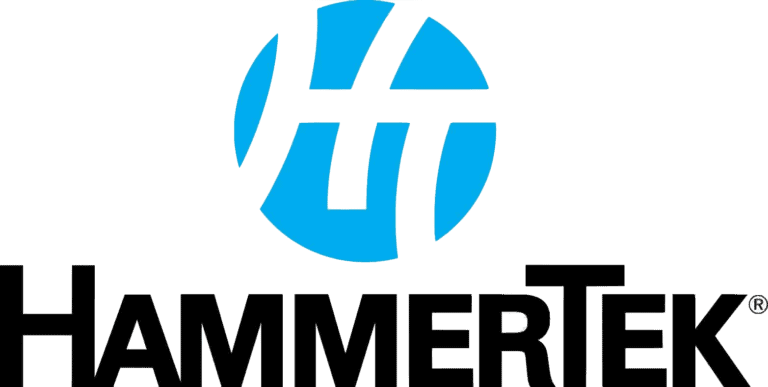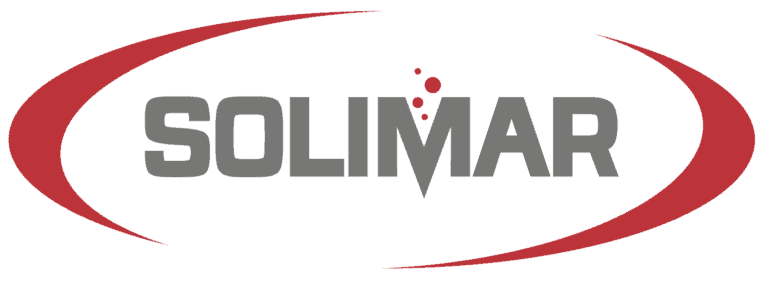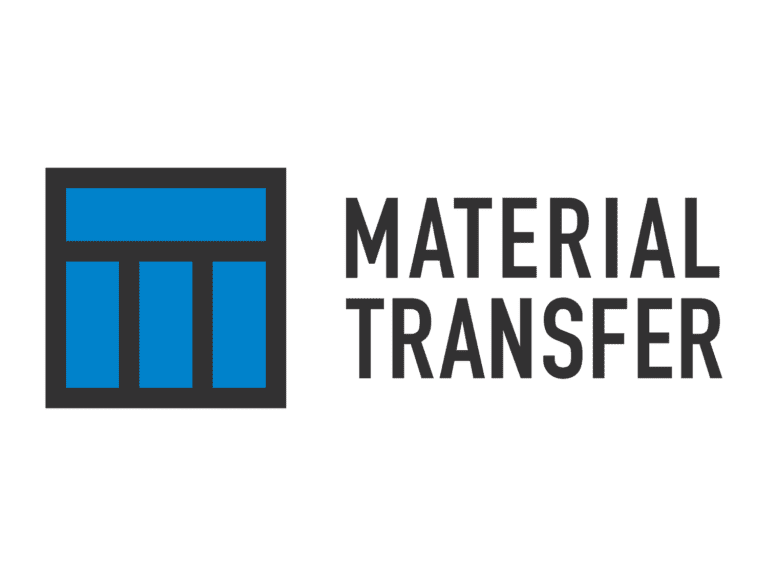Schenck Process Food and Performance Materials (FPM), a Hillenbrand company, engineers cutting-edge technologies and solutions across the bulk material handling spectrum. Our teams deliver complete solutions for your real-world needs, based on deep process and engineering expertise.
We specialize in precision solutions for pneumatic conveying, milling, extruding, depositing, sifting, screening, weighing, and feeding. Expertise in baking, cooking, coating, mixing, shaping, dust collection and thermal processing are also part of our capabilities. By integrating the brands of Baker Perkins, Kemutec, and Raymond Bartlett Snow into the Schenck Process FPM portfolio provides a streamlined business model that delivers high-performing systems for customers in every corner of the world.
Contact – Schenck Process Food and Performance Materials
7901 NW 107th Terrace
Kansas City, MO 64153
USA
T: +1 816-891-9300
F: +1 816-801-3472
americas@schenckprocess.com
Kemutec, a Schenck Process FPM brand
Food and Powder Processing Equipment
Rupert House Poynton, Cheshire SK12 1PQ, United Kingdom
Tel: +44 (0)1625 412000
Fax: +44 (0)1625 412001
sales@kemutec.com
www.kemutec.com
Baker Perkins, a Schenck Process FPM brand
Manor Drive, Paston Parkway
Peterborough
PE4 7AP, United Kingdom
Tel: +44 1733 283000
Fax: +44 1733 283001
Email: bpltd@bakerperkins.com
www.bakerperkins.com





